For most upper-level courses, the prerequisite is six credits of second-year English, third-year standing, or by permission of the instructor.See prerequisites for individual courses.
Due to COVID-19, all English courses in the Fall (2020) will take place solely online. Please email specific professors with questions about course delivery.
Fall 2020
| Course | Course Description | Degree Requirement | Professor |
|---|---|---|---|
| 300 | Backgrounds to English Literature | Literature and Traditions, Pre-1700 | Doughty |
| 325 | Topics in Environmental Literature | Literature and Culture | Wytenbroek |
| 326 | Topics in Globalization and Culture | Literature and Culture | Smith |
| 328 | Gender and Sexuality in Literature | Literature and Culture | Stephens |
| 329 | Topics in Children's and Young Adult Literature | Literature and Culture | Grafton |
| 335 | Survey of Canadian Literature | Literature and Culture | Moosa |
| 348 | Topics in 18th-Century Literature | Literature and Traditions, 1700-1900 | Atkinson |
| 390 | Topics in Word and Image | Word and Image | Hagan |
| 480 | Research Methods | Literature and Criticism | Lane |
Spring 2021
| Course | Course Description | Degree Requirement | Professor |
|---|---|---|---|
| 314 | Modern Critical Theory | Literature and Culture | Stephens |
| 315 | Advanced Workshop in Composition | Literature and Writing | Torkko |
| 330 | Topics in Speculative Narrative | Literature and Culture | Atkinson |
| 332 | Topics in Indigenous Literatures | Literature and Culture | Watkins |
| 342 | Topics in Renaissance Literature | Literature and Traditions, Pre-1700 | Crover |
| 350 | Topics in 19th-Century Literature | Literature and Traditions, 1700-1900 | Doughty |
| 352 | Topics in 20th- and 21st-Century Literature | Literature and Traditions | Armstrong |
| 396 | Literature and Film | Word and Image | Wyntenbroek |
NOTE: Any course descriptions or reading lists here are tentative. Check back for updates.
Course Descriptions: Fall 2020
ENGL 300: BACKGROUNDS TO ENGLISH LITERATURE
Professor Terri Doughty
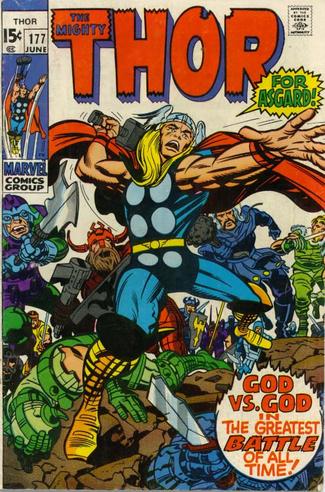
Blended Delivery Format; Available Entirely Online
What do Tolkien, Marvel Comics, J. K. Rowling, and heavy metal music have in common? They have all found inspiration in Norse mythology, which continues to inform literary and popular culture today. In this course, we will read the main source material for Norse mythology, the prose and poetic eddas, with some consideration of connections with early English literature; study the connection between the rediscovery of Norse literature and culture in the eighteenth and nineteenth centuries and the forging of English national identity; and finally explore contemporary fiction by Neil Gaiman and A. S. Byatt that reworks Norse mythology to address issues related to cultural transformation, fluidity of identity, free will, fate, and war.
ENGL 325: TOPICS IN ENVIRONMENTAL LITERATURE
Professor Lynn Wytenbroek
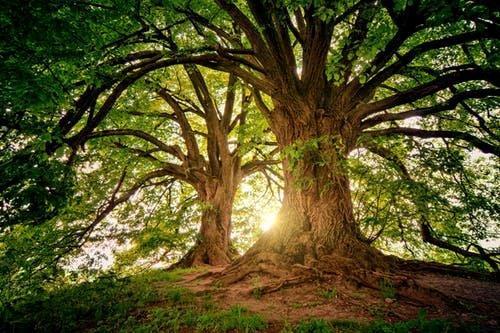
Literature that celebrates the natural world has been around for centuries. More recently, though, much literature with an environmental theme is showing an increasing concern about the state of the environment. This course will look at poetry, fiction, non-fiction prose and film, primarily from the 20th and 21st centuries, that reflect the growing concern about our environment and some that simply celebrates the wonder of nature as a reminder of what we are fighting to preserve. Selected texts may include selections from Thoreau’s Walden, Kingsolver’s Animal, Vegetable, Miracle andMcKibben’s Eaarth, and novels such as Anderson’s Feed and Giono’s The Man Who Planted Trees.
ENGL 326: TOPICS IN GLOBALIZATION AND CULTURE
Professor Toni Smith
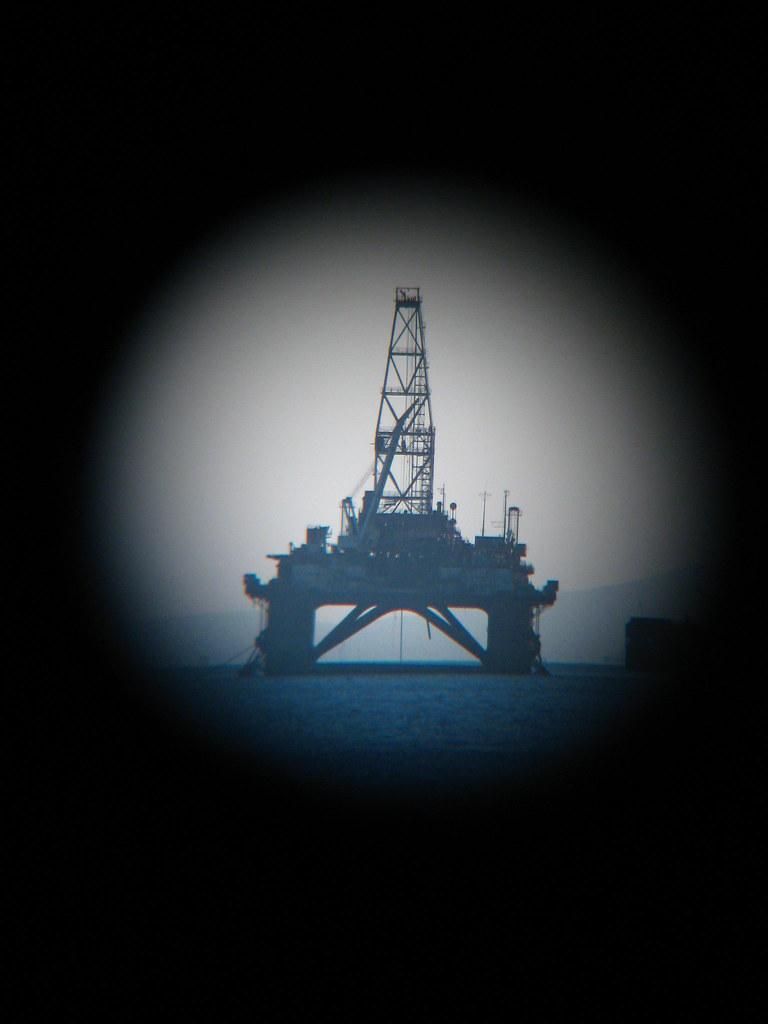
Petrocultures: Oil, Culture, and Literature
How to transition out of a fossil-fuel driven world economy is a central problem of our age, but the oil industry has been shaping cultures, nations, households, identities, and ecosystems for more than a century. Authors from oil-shaped countries—including our own—have written extensively about the complexity of life in petro-nations, where colonialism, neo-colonialism, capitalism, labour, race, gender, culture, and class all intertwine with conflicts over land and water. Join us to explore these issues through novels from Saudi Arabia, Egypt, Nigeria, the US, and Canada.
ENGL 328: GENDER AND SEXUALITY IN LITERATURE
Professor Melissa Stephens

English 328 will use an intersectional lens through which to examine written and visual narratives of gender and sexuality, focusing on race and class diversity, as well as 2SLGBTQ+ experiences. We will explore theories of agency, trauma, affect, and desire in relation to topics such as reproduction and parenting, childhood and adolescence, education, and political activism.
ENGL 329: TOPICS IN CHILDREN'S AND YOUNG ADULT LITERATURE: Food in Classic Children’s Literature
Professor Janet Grafton
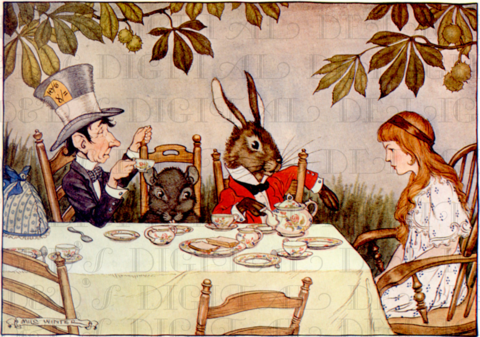
Food is an enduring theme in children’s and young adult literature, from the feasts in Harry Potter and The Hobbit to the elaborate tea parties in Anne of Green Gables and Alice’s Adventure in Wonderland, from the stories of traditional food gathering in The Birchbark House to the complex post-apocalyptic depictions of food in The Hunger Games and Feed. In looking at classic children’s texts such as The Secret Garden and Heidi through the lens of ‘real’ and ‘fantastical’ foods, we’ll be investigating what these texts can offer contemporary audiences in the midst of environmental crisis. As well, we’ll be examining the pedagogical challenges of texts from the past and asking what role they have in today’s homes, libraries, and classrooms.
ENGL 335: SURVEY OF CANADIAN LITERATURE
Professor Farah Moosa
A broad historical survey of Canadian fiction, drama, and/or poetry. This course will include an examination of cultural and theoretical contexts.
ENGL 348: TOPICS IN 18TH-CENTURY LITERATURE
Professor Anna Atkinson

The 18th century saw the sudden rise of the trope of captivity in women’s writing. Frequently, it went along with the trope of travel (and was, in fact, one of the ways of solving the problem of getting a female character to change locations), and Nancy Armstrong and Leonard Tennenhouse argue that it was the first truly American genre—perhaps the only genre that America gave literature. From the “real life” experiences of Mary Rowlandson and Hannah Dustan, to fictionalizations such as Françoise de Graffigny’s Lettres d’une Peruvienne, to classics such as Clarissa, the tension between victimization and moral authority is nearly electric. That said, it is important to note that captivity went both ways, and we will likely take a critical look at what became the story of Pocahontas; we may venture outside of the 18th century at the end of the narrative to make sure that Indigenous voices are heard, possibly in Leslie Marmon Silko’s Gardens in the Dunes.
ENGL 390: TOPICS IN WORD AND IMAGE: Picturing the Victorians
Professor Sandra Hagan

Novel-reading is a solitary activity: just you, the words on the page, and the images your mind conjures. But what happens when another mind, not the author’s, does that conjuring for you? How does the presence of a “first reader,” someone who illustrates what the author has written, affect your own response to and understanding of the narrative? Considering such concepts as this and reading the images themselves with an eye to such constructs as gender, class, and race, we’ll explore in this class some classic Victorian novels and their illustrations. Unlike most contemporary works, where illustration is usually reserved for children, Victorian novels—often published serially in magazines—commonly appeared with their characters, pre-imagined, peering out from the pages. Studying these images will afford us a view of the ways in which Victorians pictured themselves. When we turn, in the second unit of our class, to a number of contemporary graphic re-visions of Victorian narratives, we’ll have the chance to interrogate our own gaze and consider how we picture the Victorians.
Victorian illustrated selections may include such novels as Charles Dickens’ David Copperfield, Charlotte Brontë’s Villette, and Thomas Hardy’s Far From the Madding Crowd; contemporary graphic re-visions may include such works as Jack and Holman Wang’s Great Expectations, Glynnis Fawkes’ Charlotte Brontë Before Jane Eyre, Dame Darcy’s The Illustrated Jane Eyre, and Posy Simmonds’ Tamara Drewe (a re-vision of Hardy’s Far from the Madding Crowd).
ENGL 480: RESEARCH METHODS
Professor Richard Lane
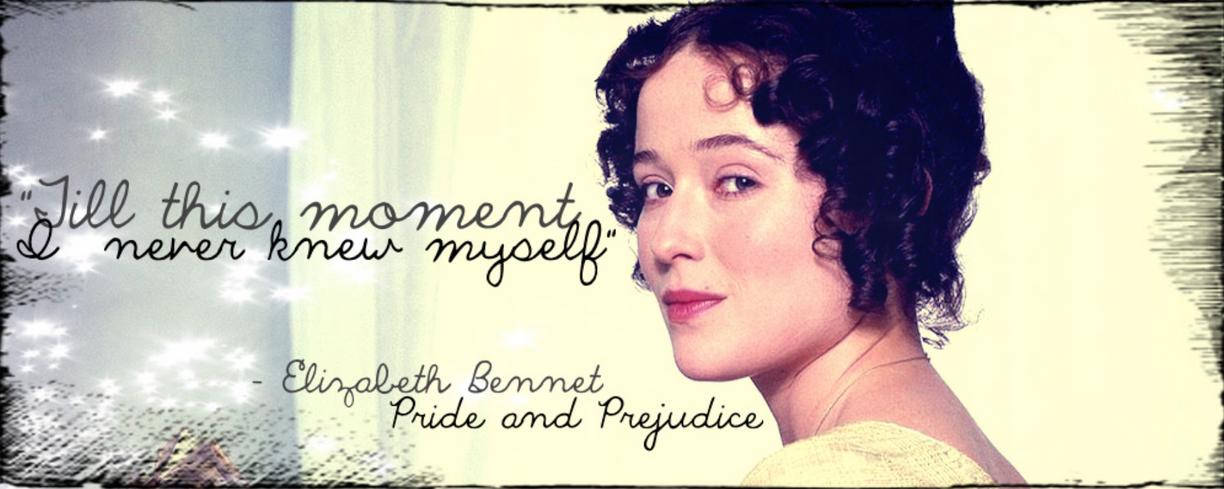
Focusing on the works of Jane Austen, notably Pride and Prejudice, Northanger Abbey, Mansfield Park, and Emma, we will learn how to research questions concerning character and literary influence in relation to early women’s writing. Students taking this course will have full access to Women Writers Online, https://www.wwp.northeastern.edu/wwo/ and we will use this literary resource to look at how character was constructed before and during Austen’s era. We will also look at how different critics have understood literary characters, and how questions of gender, community and ethics can be explored through literary personae. This course will offer a supportive environment with which any author can be explored using traditional and digital research tools, so that students can enhance their own interests in literary writing, at VIU and beyond.
Course Descriptions: Spring 2021
ENGL 314: MODERN CRITICAL THEORY
Professor Melissa Stephens

What is the political potential of modern critical theory? How has it inspired new forms of consciousness? In what ways has it disrupted conventional thinking and practice? This course considers these questions as it provides a survey of literary theory including Russian Formalism, Structuralism, New Criticism, Marxism, Feminism, Post-Colonialism, and Post-Structuralism. In addition, the course will consider how critical theories of race, sexuality, and affect can be explored in relation to literature. Each theory may be examined for its assumptions, applications, and textual strategies.
ENGL 315: ADVANCED WORKSHOP IN COMPOSITION
Professor Deborah Torkko
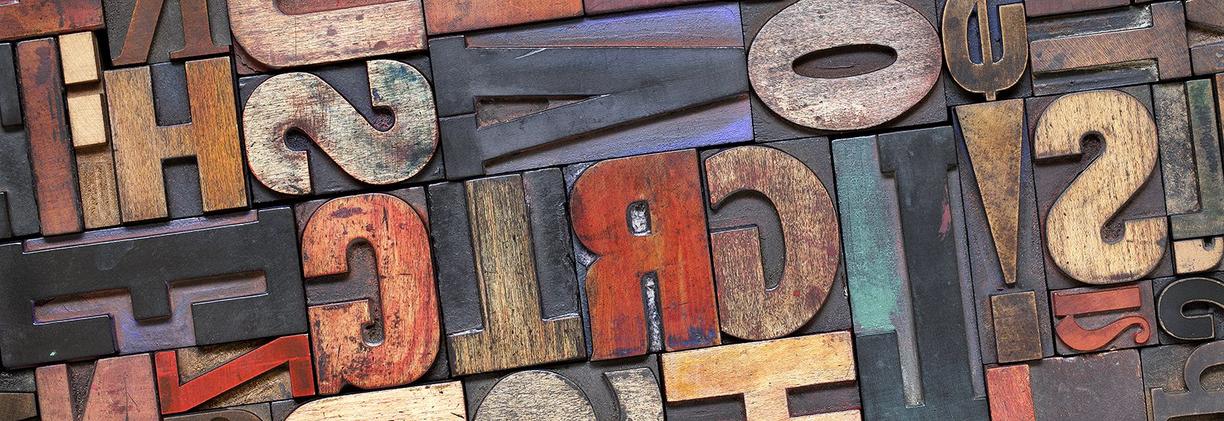
This workshop invites students to develop their capacity to write clear academic prose that is a delight to read and a delight to write. We will explore imaginative and practical ways to stretch the usual conventions associated with traditional forms of academic writing. We will explore the possibilities for how to communicate ideas and argument in a prose style for readers both within and beyond the academic community. We will explore how a writer’s grammatical and stylistic choices create rhetorical effect. In turn, and with attention to language, sentence structure, and essay form, we will develop, shape, and express our thinking in writing that displays a creative and discerning mind at work. In the words of Stephen Pinker, we will remind ourselves of the reasons to strive for good style: to enhance the spreading of ideas, exemplify attention to detail, and to add to the beauty of the world.
ENGL 330: TOPICS IN SPECULATIVE NARRATIVE
Professor Anna Atkinson
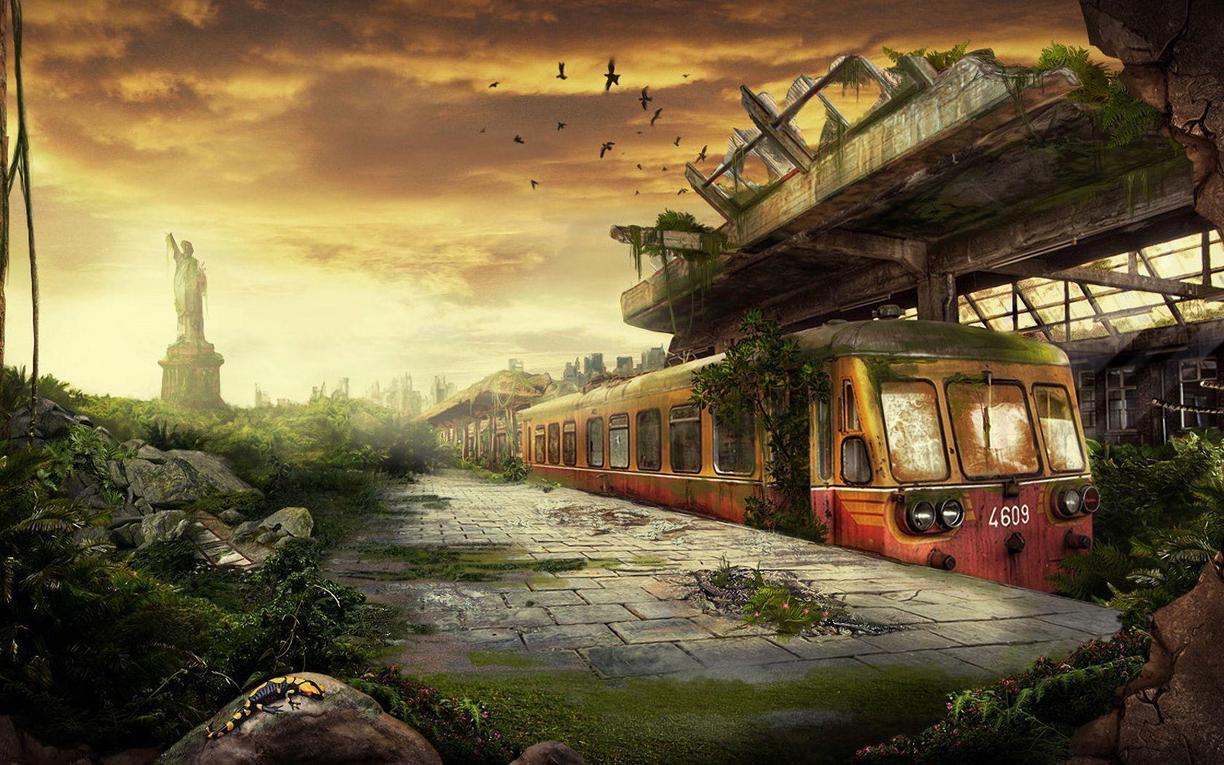
The Last Myth, by Matthew Barret Gross and Mel Gilles, opens with the line, "In America, everyone believes in the apocalypse. The only question is whether Jesus or global warming will get here first.” The argument of the book is that American apocalyptic thinking has everything to do with America’s Puritan roots, but other writers (such as John Michael Greer) see symptoms that are more closely linked to industrial capitalism, and even the invention of the concept of history. In either case, it’s important to note that “apocalypse” does not mean “the end of the world,” but instead speaks to some truth that is revealed. Thus, when speculative fiction accesses apocalyptic imagery and narratives, the best works do so not to attempt to predict the future, but rather to reveal something critical about the present. This course will examine how this manifests in such cheerful classics as A Canticle for Leibowitz and The Sheep Look Up. It will also take on apocalyptic visionings more specifically tied to contemporary environmental and resource-based issues such as LeGuin’s The Word for World is Forest, possibly Susan Collins’s Hunger Games series, Pacigalupi’s Ship Breaker and Coupland’s Player One.
ENGL 332: TOPICS IN INDIGENOUS LITERATURES
Professor Paul Watkins

ENGL 342: TOPICS IN RENAISSANCE LITERATURE
Professor Sarah Crover
Renaissance Conversions
1550 to 1660 in England, or the period known as the English Renaissance, was an age of radical upheaval. Exploration of the Americas; the emerging protestant faith; new technologies and the resultant reconfiguration of both urban and natural environments; and the rise of the scientific method were sweeping away the world as it had been, and leaving uncertain possible realities in its wake. In this course, we will consider texts that foreground conversions – of bodies, of minds/souls, of space – and the questions these conversions raise about identity and the nature and staying power of transformation. In the course of our study, we will consider questions such as what was the relationship between art and transformation? How did theories of race or gender shape perceptions about the likelihood of a “true” conversion? How did rapidly obsolescing theories of alchemical transformation continue to inflect later Renaissance scientific and philosophical thought? Did converted spaces (reclaimed riverbanks, drained fens) retain elements of their former character? Possible texts may include selections from Sidney’s A Defence of Posesie, Lanyer’s Salve Deus Rex Judaeorum, Bacon’s Novum Organum Scientiarum, Herbert’s Psalms, Spenser’s Faerie Queene, and More’s Utopia, as well as Shakespeare’s Merchant of Venice and A Midsummer Night’s Dream, Middleton’s A Chaste Maid in Cheapside, Marlowe’s Dr Faustus, and selected books from Milton’s Paradise Lost
ENGL 350: TOPICS IN 19TH-CENTURY LITERATURE
Professor Terri Doughty

Blended Delivery Format; Available Entirely Online
Our focus this semester will be on gender and subjectivity in Victorian poetry. For male early Victorian poets looking to find a voice outside of Romanticism and for female Victorian poets looking to find a voice within the poetic tradition, the issue of subjectivity was paramount. We will explore how male poets use forms such as the dramatic monologue to mask subjectivity or to explore deviant states of mind. We will also look at how female poets experiment with different genres and voices as they become speaking subjects rather than objects in poems (and visual arts). Some of the poets we will read will include Alfred Tennyson, Robert Browning, Elizabeth Barrett Browning, Dante Gabriel Rossetti, Christina Rossetti, and Augusta Webster.
ENGL 352: TOPICS IN 20TH- AND 21ST-CENTURY LITERATURE
Professor Clay Armstrong
A study of 20th- and 21st-century literature and its contexts. Topics may include narrative and nation, dystopias, transculturalism, modernism, Celtic Renaissance, human rights, cultures of resistance, and others. Focus may be on a specific author, genre, theme, or region.
ENGL 396: LITERATURE AND FILM
Professor Lynn Wyntenbroek
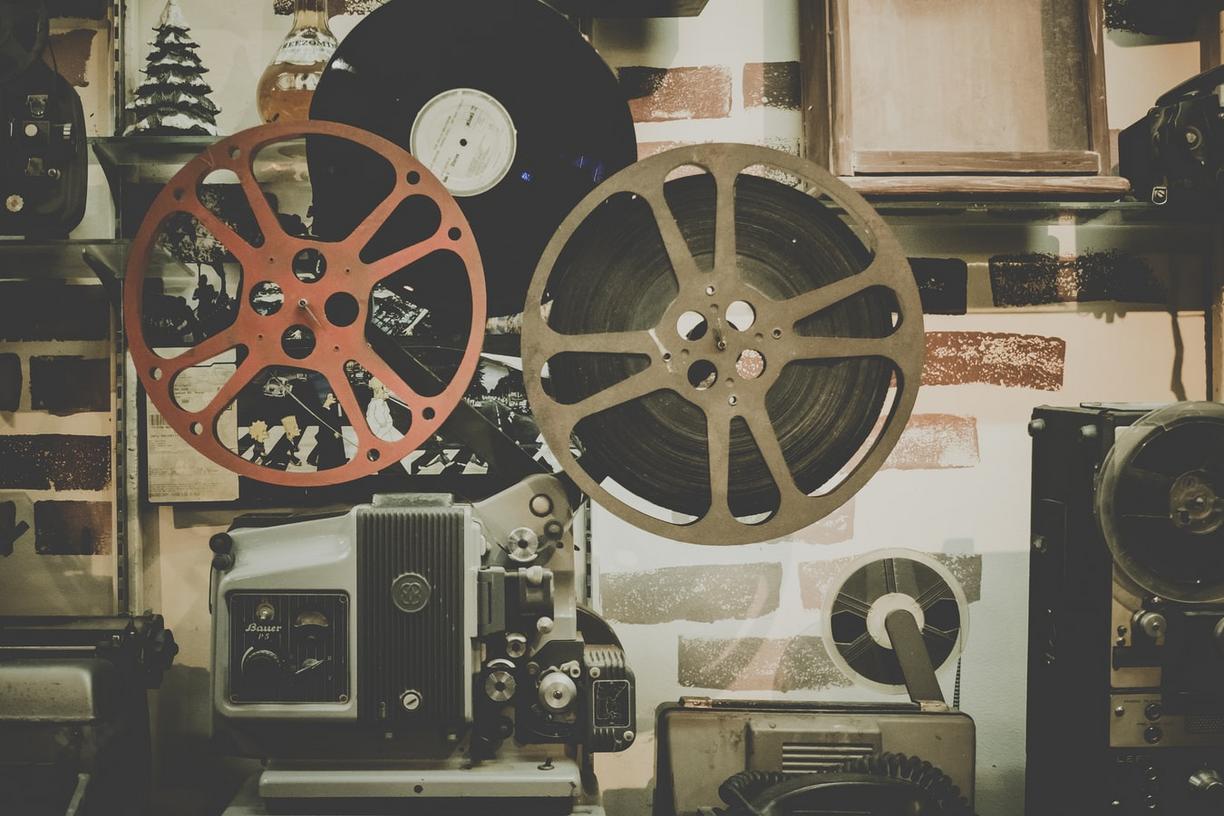
Literature and film have been paired together since the early days of film, when great novels were first rewritten for screen. This course will show the intersection between literature and film on the theme of the environment. We will compare written texts and movies with similar environmental themes, and sometimes the written and movie versions of the same texts, examining both the approach to and presentation of the themes in the two methodologies of print and film, as well as looking at the abilities and constraints of both methodologies to convey theme. We will also look at both a documentary and a docu-drama, comparing their effectiveness in both style and content in conveying the same themes and information as the movies. We will watch such popular films as Avatar, The Day after Tomorrow and The Lorax paired with some written environmental classics such as Le Guin’s The Word for World is Forest and Seuss’s original book The Lorax.
Generic course descriptions for all English courses are in the VIU Program and Course Calendar.
